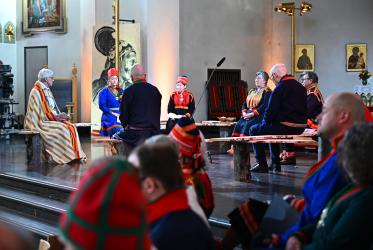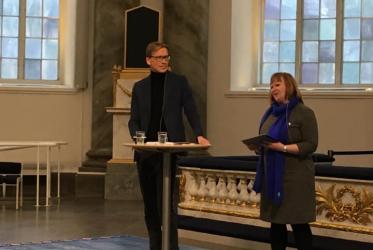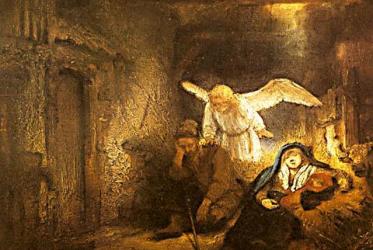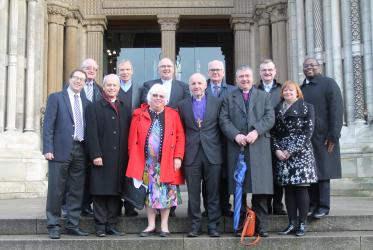Displaying 1 - 18 of 18
27 October 2022
Ecumenism is a sense of belonging
08 February 2019
WCC, ACT reflect on ecumenical diakonia in historic meeting
01 November 2018
Looking back and ahead
31 October 2018
Second Bible study on stateless persons available for Advent use
08 December 2016
WCC delegation visits north Ireland and border barriers
02 December 2015
WCC visits Inter Faith Centre in Dublin
02 December 2015













